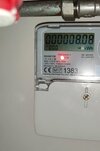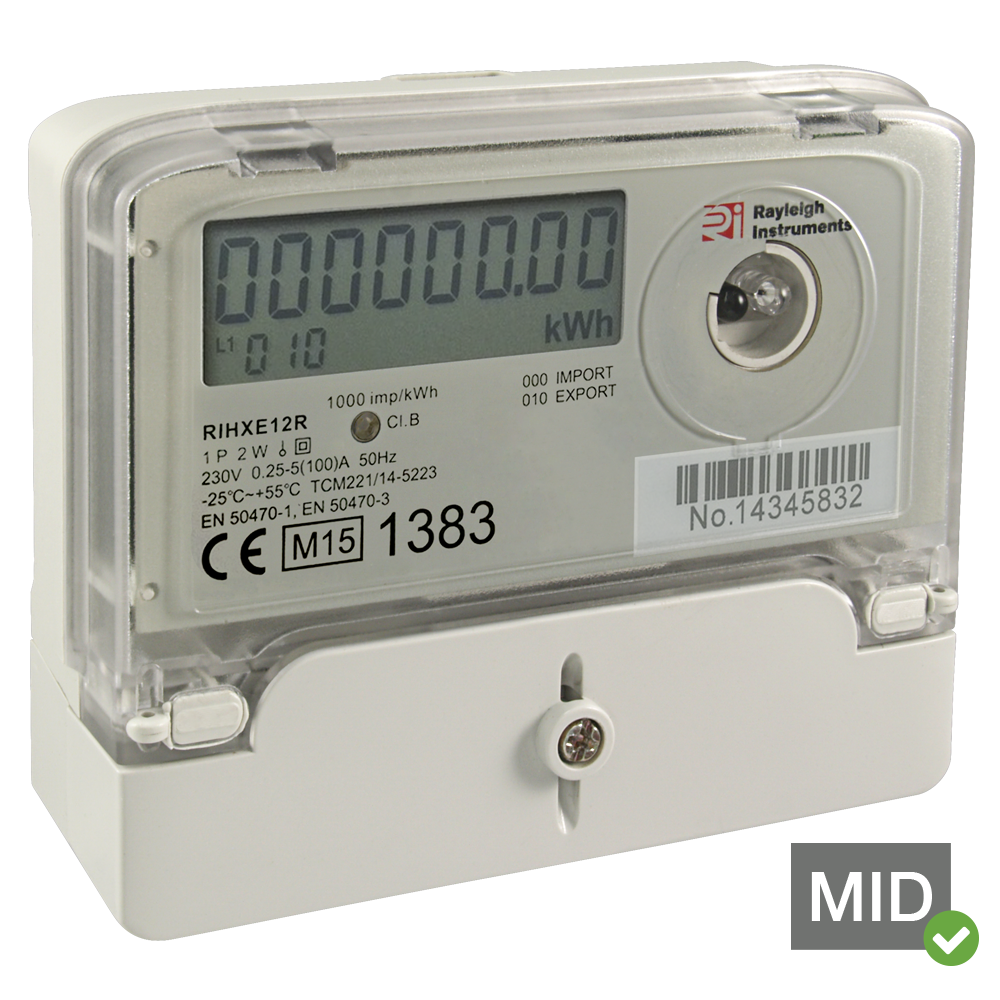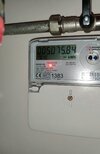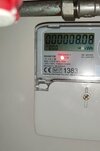I think there's some talking at cross purposes here. "connected to the grid" in this context doesn't literally mean on its own export meter, completely separate to your import meter [although it
could mean that, you wouldn't have any way of using it locally]. If the inverter output is connected downstream of your import meter, then it is eventually connected to the grid. The inverter will do nothing without a mains "signal" to follow. The behaviour you've described is consistent with that.
You don't have an export tariff; ie, all the power generated locally beyond what you can use, you are giving to the grid for free and not being compensated for.
You can only see a cumulative reading on your meter. Record a reading, wait a period of time, record another. Et voila, you have both.
How many meters do you have in total? 8kWh seems a bit low, unless you literally just switched it on this week?
<p><span class="rcRedSubHead">This product is no longer available</span></p> RIHXE12R is a compact MID Certified single phase two wire solar generation meter. The cost-efficient design and offers an excellent price-performance ratio.</br> </br> RIHXE1

www.rayleigh.com
"The meter has two registers
000 is the Import Reading - which is what is being generated by the inverter.
010 is the Export Reading - which is what is coming back from the grid
The meter will autoscroll between the 2 readings every 15 seconds."





